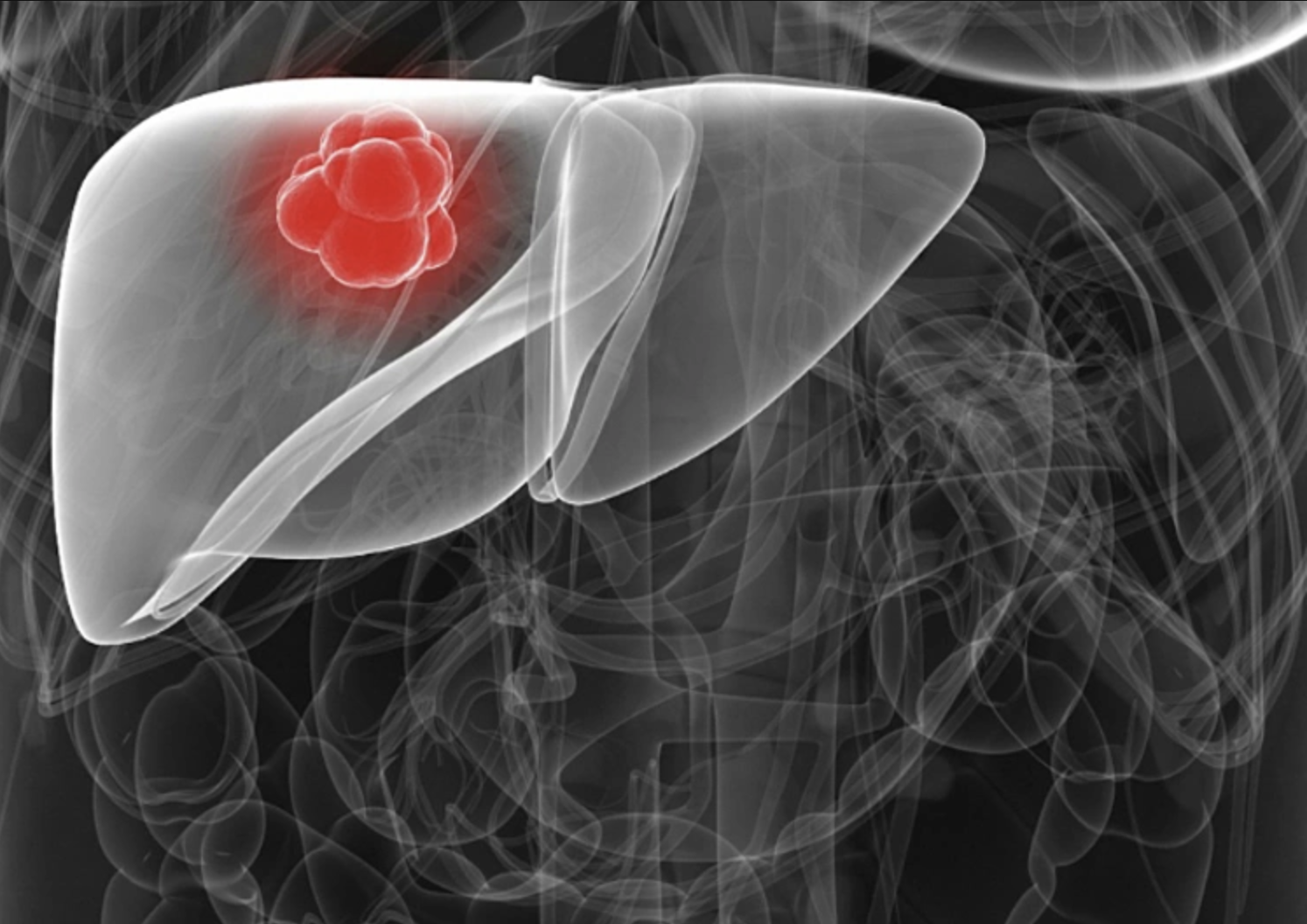Liver damage often progresses silently. Up to 90% of liver function can be lost before noticeable symptoms appear, making early diagnosis crucial. The buildup of fat, inflammation, and fibrosis can develop unnoticed, with serious damage only detected at a late stage.
Protecting your liver involves recognizing subtle but important signs. These symptoms are often overlooked or attributed to other causes, but their combined presence may indicate your liver is under stress.
Here are some potential signs of liver damage you shouldn't ignore:
Right-side fullness:
Feeling full or experiencing cramping below the right rib cage is a common early sign of liver damage. When the liver is inflamed or swollen, it presses on nearby nerves and muscles, sometimes causing pain that radiates to the right shoulder.
Many mistake this for muscle strain or bloating. In reality, it could be a distress signal from your liver, indicating decreased function that requires attention.
Unusual fatigue:
Low energy and difficulty performing everyday tasks like climbing stairs, shopping, or standing for extended periods can signal a weakened liver. The liver plays a vital role in energy conversion. When it's overloaded or malfunctioning, the body tires easily, even with adequate sleep and nutrition. This warning sign shouldn't be ignored, and a checkup is necessary to protect liver health.
 |
Liver damage is often silent, with up to 90% of function lost before noticeable symptoms appear. Photo: Cancer liver |
Itchy skin, especially on the feet:
Itchy skin, especially on the soles of the feet, can be a surprising symptom of a stressed liver. This occurs when bile salts accumulate in the blood due to the liver's inability to effectively process bile. The resulting itch is often worse at night, and unresponsive to skin creams or antihistamines, making it a warning sign to check liver function promptly.
Spider veins and red spots:
Decreased liver function can increase estrogen levels because the liver isn't filtering hormones efficiently. This can cause spider veins (small, dilated blood vessels) and red spots, often appearing on the upper body. In men, this can also lead to breast tissue development.
While these might seem like cosmetic issues, they signal that the liver is struggling to regulate hormones and requires attention.
Vitamin D deficiency:
Vitamin D deficiency, a common condition, can be exacerbated by a weakened liver. The liver is responsible for activating vitamin D. When liver function declines, vitamin D can't work effectively, leading to reduced immunity, inflammation, and muscle disorders.
This sign is often attributed to other causes, but the link to liver health is significant and easily overlooked. Prompt testing is crucial.
If you experience a combination of these symptoms, take immediate action. Dietary changes, lifestyle adjustments, and timely testing can help restore liver health before significant damage occurs. Don't wait for obvious signs—listen to your body and intervene early.
My Y (Times of India)












